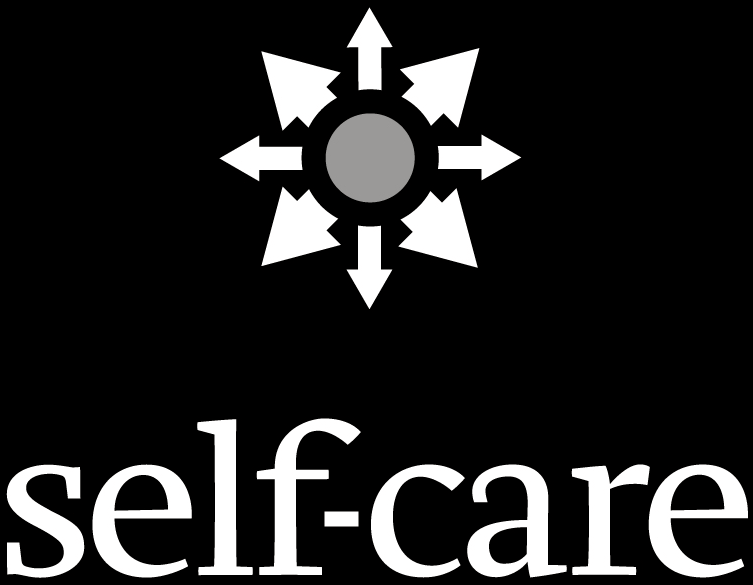The Significance of Values
Values and SELF-CARE seldom get the attention they deserve at a personal level. Values are the commonality between you and the significance of your relationships. Values also determine your relationship compatibility, motivations, and quality of your life. Here we discuss values as the guiding principles to be understood in light of how you make important decisions.
Your personality, upbringing, conditioning, experience, and societal influence all contribute to what you collect and carry forward as values. When, we decide and uphold values such as loyalty, dedication, work ethic, honesty, integrity, piety, health, charisma, fitness, beauty, self-control, an implied decision is made as to whether or not we are fulfilled.
Values are a Matter of Choice
You choose your values consciously and uphold them subconsciously. Living according to your chosen values reflects whether or not you have a meaningful relationship with yourself. If unhappy or dissatisfied, the quality of your experience and relationships suffer. Without this awareness, you live a mindless life of random congruity, never quite feeling right unless, by coincidence, your life, values, and circumstances match. When this is the case, you have the tools to reprogram and realign to restore balance. By going through a process of self-discovery, you can identify and prioritize your problems.
Reprogramming requires that you first take an inventory of your existing values, otherwise, you will add more conflict to your ways of living. For instance, to force the idea of valuing productivity through affirmations or hypnosis will inevitably conflict with your actual habit of lounging and binge-watching shows that reflect the value of comfort over personal growth. The way to go about this is to look at your daily practices in terms of where your time is voluntarily spent and why.
Coming To Terms with Your Values
Values are not what we want them to be, but what they actually are. Only through observation and objective acknowledgment can you say for certain what your values are proven to be. For instance, the consistent practice of waking up early, putting forth the effort to train hard, and progressively tracking performance demonstrates your value for discipline and self-improvement. Taking care to ensure that your words and actions match reflects your character.
From a SELF-CARE standpoint, identifying values opens the way to evaluating how your values are represented towards yourself, and outwardly towards how you manage your relationships. Being ignorant of these ideals is a problem. To practice this evaluation, make a list of your values by reviewing the last productive day where you believe you were at your best. From the start of the day, identify those qualities of your personality that contributed to the success of that day.
To be aware of where personal values have been compromised is a meaningful starting point. Once there is a serious gap uncovered between what is practiced towards yourself vs. what you express outwardly, you can choose to rectify that gap, or be guilty of hypocrisy, ignorant or compromised. Honesty or compassion are values often cited as qualities that distinguish strong leaders. As a person with Leadership potential, you will feel a great sense of anxiety if you settle for less.
Growth and Change
Values change over time as you mature and gain experience. Experience teaches us how our feelings of regret, resentment, and other difficult or complex emotions follow us with shadows. Carl Jung talked about the importance of working through these shadows to awaken within. We need to live consciously to cultivate and nurture values.
By using the journaling techniques taught through the SELF-CARE approach outlined in these pages will show you how to reprogram and recondition yourself through observation and effort. Setting goals for an activity allows you to plant the seeds of higher values. For instance, instead of simply completing a task and crossing it off a list, seek to do things to the best of your ability. Why? Because making incremental changes over time will influence your standards for excellence.
Over time and with genuine sincerity, a person that follows their own path with confidence and consistency gains self-trust and self-respect. By living up to your highest ideals as a policy everyday, and doing your absolute best at what you are tasked with doing, reflects discipline. Making an effort shifts you from being passive to being active and mindful of action.
Understanding Our Values
What of toxic values? Comfort, pride, the need for power and dominance, and all the evils embraced happily by selfish people should be identified and avoided. The best thing to do is to monitor your intentions. I ask myself whether my attitudes or motivations are based on fear, anger, or other negative emotions. Learning to recognize our lapse in discretion that other people are victims of, we can avoid judgment. The best approach is to reform ourselves and then avoid the attraction to destructive behavior. Otherwise, we will perpetuate the same tension and undermine our efforts to that point.
Let us examine our values that conflict with our wider or broader objective of living a life that agrees with our highest aspiration. Negative values work as a deterrent to success and functional relationships with other people. SELF-CARE is a system that values time, individuality, balance, integrity, productivity, peace of mind, focus, cooperation, honesty, and character. If you seek to develop these values, I suggest that you read the guides towards SELF-CARE practice.
